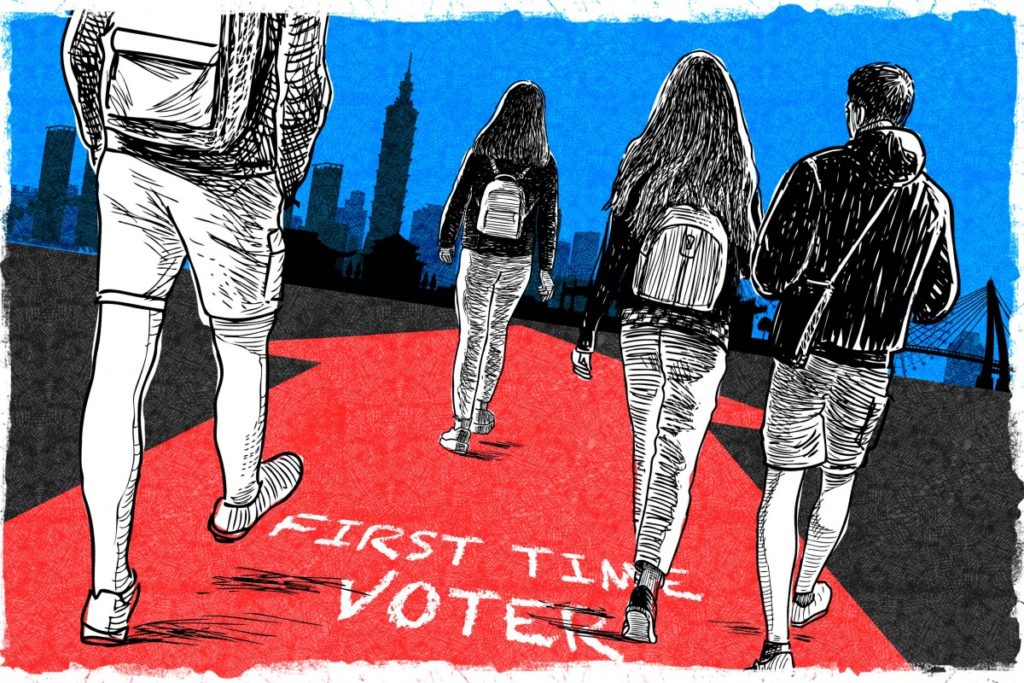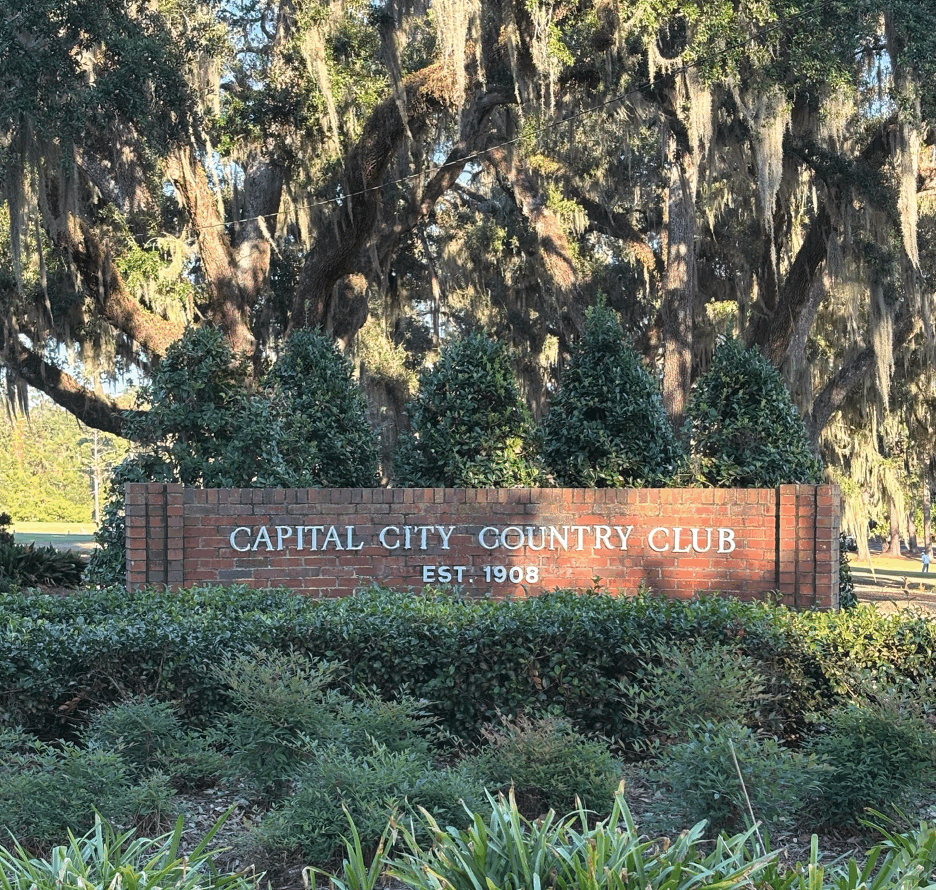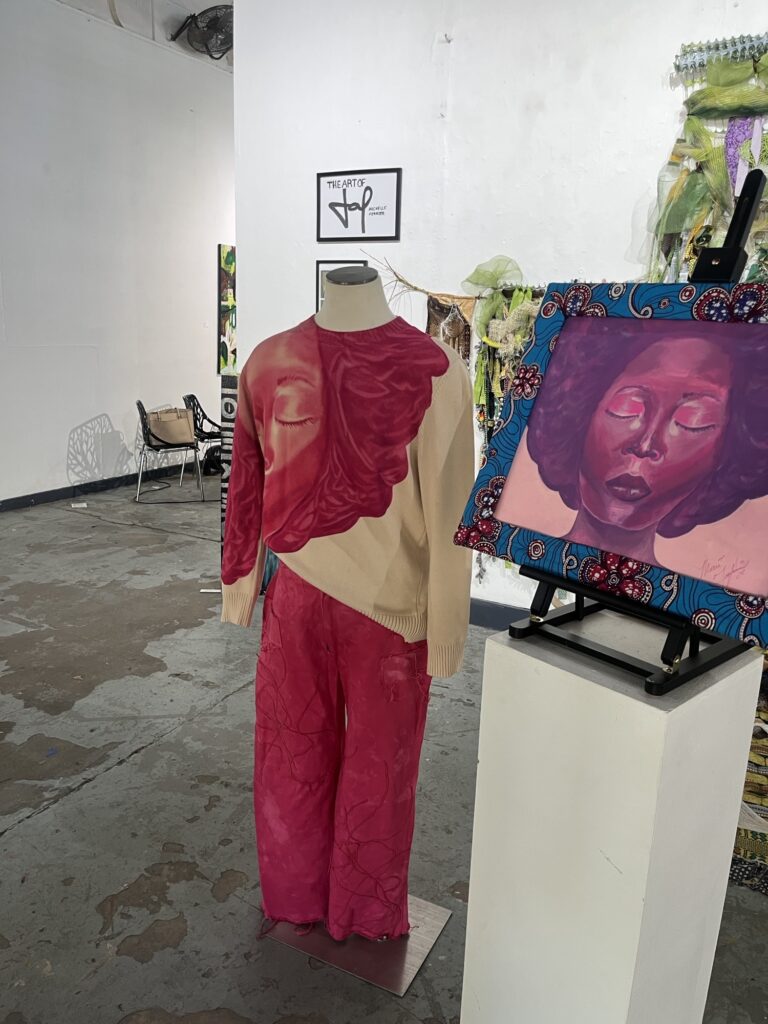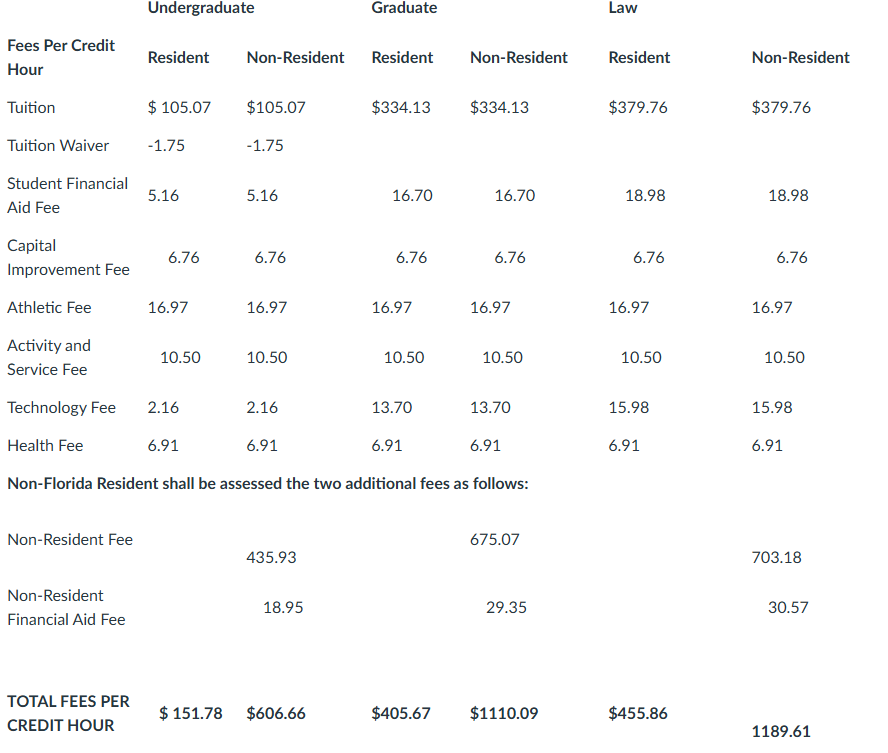The nation stood on edge last Tuesday night as precincts gradually closed and vote tabulation began.
As votes trickled in for the state of Florida, Trump slowly took a lead over Biden and secured the state’s 29 electoral votes by a 3.3.% victory margin. Preceding election week, Trump and his running mate Vice President Mike Pence hit Florida with a campaign blitz to win in the battleground state that they won in the 2016 election. Committed to not allowing the Republican ticket to win the state in a consecutive election, Democratic voters were stoked to head to the polls — and their mailboxes — in droves.
Although Biden’s base showed up significantly in Orlando, Tallahassee, Gainesville, Jacksonville and South Florida, it just wasn’t enough for Democrats to close the gap. The results seemed to unnerve Democratic voters across the state; Gen Z first-time voters grappled with a different type of disappointment.
Princess Delgado, a student at Florida A&M University, was a first-time voter extremely concerned with the rampant, unchecked police brutality that prevails across the nation.
“As an African American, my main concern was police brutality. I feel as if the African American community is not protected in this country,” Delgado said. “Our so-called leader is not protecting us, everything our ancestors have worked so hard for is going down the drain.”
In both of his presidential bids, Barack Obama won Florida’s electors by a narrow margin. The 19-year-old still had no faith in the state swinging blue this election as its population heavily consists of a retired white community that is “of course going to side with [Trump].”
Delgado still believes her vote mattered even if the outcome wasn’t in her favor. “I took my time to make an effort and that is all I could possibly do.”
Raygen Bostick is one of the many Independents who crossed the proverbial aisle to help Biden’s chances in Florida. Bostick, like Delgado, rests assured that her vote still mattered because in presidential election years her impetus to engage civically centers local change.
“I was able to vote in the local elections and that’s one of the best ways to make direct change,” Bostick said. “And in Florida, there needs to be some serious changes in the quality of education, especially in poorer areas since the majority of school funding is based on property taxes.”
Aniyah Catoe lives roughly 160 miles from Bostick’s school in Jacksonville, Fla., and funding is also at the crux of her political concerns. Many of her relatives depend on the Affordable Care Act. The Trump administration has made ardent strides over the past four years in repealing the Obama era healthcare reform legislation.
If undone under Trump’s second term, over 20 million Americans with pre-existing conditions would be stripped from their current healthcare plans. This is why the 19-year-old believed “health care alone was enough reason to be worried” ahead of last week’s election.
“People who receive from the government don’t even have hope in [the election] because their votes are often squashed,” Catoe said.
Many Americans that receive government assistance and aid, including Catoe’s relatives, are often minority communities who also bear witness to firsthand voter suppression. As a first-time voter, Catoe encouraged her family to vote aside her. Although Joe Biden defeated Donald Trump with 18,000 votes in her hometown, Catoe, along with many first-time voters, felt unnerved by the state’s outcome.
“It makes you feel defeated because a lot of my family felt it was a waste of time but I pushed them to vote anyway,” Catoe said. “I am proud of my city and other major cities in Florida for showing out. I’m just trying to hold on to hope [in my state].”
With faith that Florida could turn blue this election, Chelsey Rouse feels dispirited with over 300,000 votes in Trump’s favor. COVID-19 exacerbates inequities across the country and cases have crossed 10 million as outbreaks surge under Trump’s delayed efforts to derail the virus. Florida alone has seen its spike and in even closer proximity to Rouse are college students who have passed from the virus.
“The way [Trump] is handling COVID-19 is not only detrimental to the American people but is killing us as well. He has not handled this pandemic properly and will not if he is re-elected,” Rouse, a psychology student at FAMU, said.
Most of all for Rouse, voting hasn’t always been a right rather than an unattainable privilege for her community. In the past four years, she believes that overt racism has been amplified from the federal platform in a magnitude that is historically unrivaled.
“I believe that in any circumstance, my vote matters regardless. My ancestors fought for my right to vote,” Rouse said. Like many first-time voters, Rouse is clinging onto hope in her state and a nation marked by cataclysmic issues.
“Even though Trump won Florida, I know I did my part in trying to make a change and it is something I’m proud of,” Rouse said. “I have faith for this country and I have faith that things will work out for good.”














